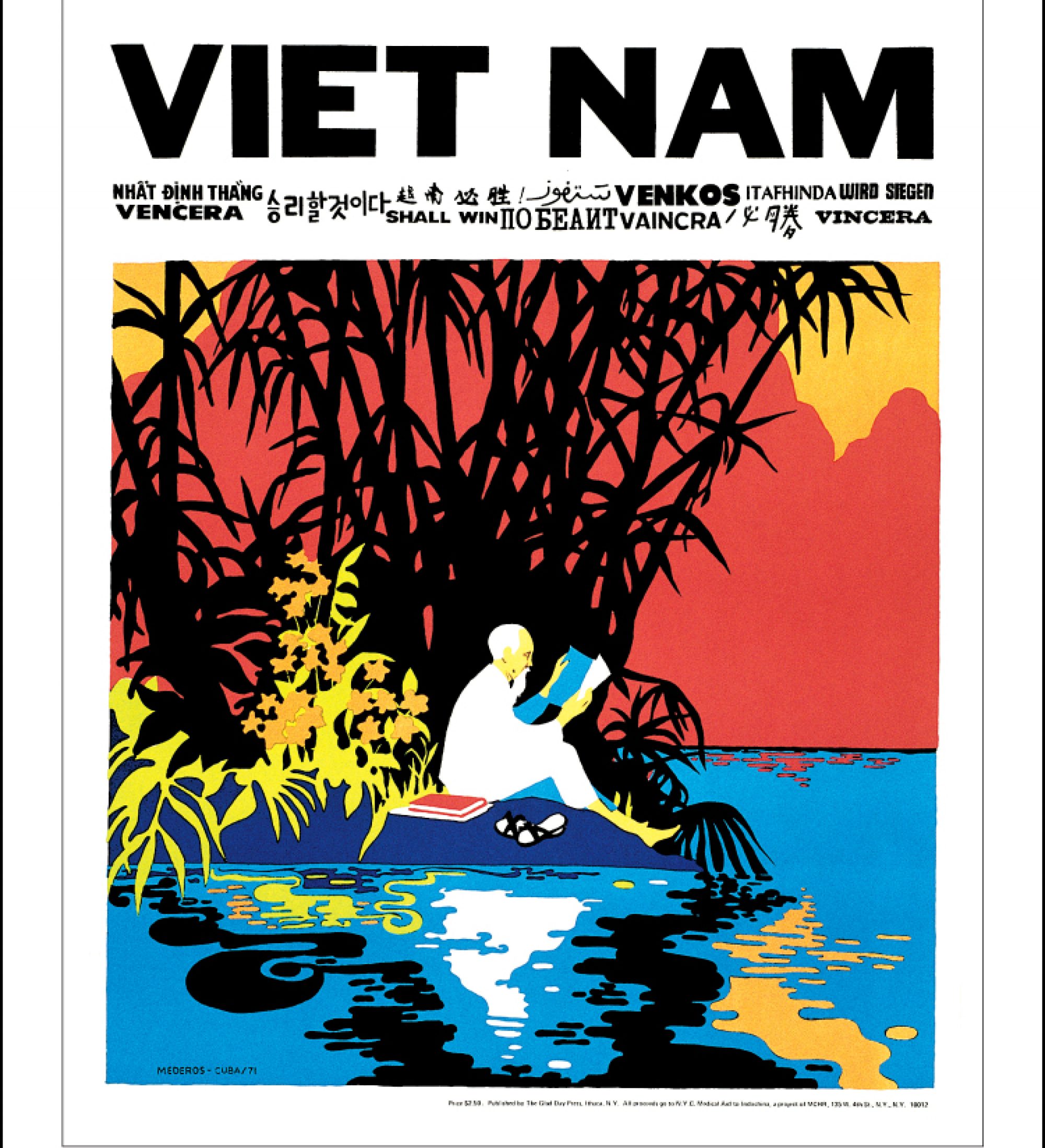Coming to this lecture was pretty cool for a few reasons. First, I had Keeanga-Yamahtta Taylor as a teacher just last semester, so seeing how she engaged with someone she considered to be a peer was particularly interesting given how different it was when she engaged with us. In placing the talk in an Asian American context, I think it really hammered home the idea of how Asian American history and thought owes so much to African American history and thought, which in many ways had decades if not centuries of a head start, and addresses many overlapping issues. One quote from Alexander that I really liked was “I believe all politics are identity politics,” arguing that politics can absolutely never be divorced from identity. While this is particularly important in a discussion between, say, white and black politicians, as they may struggle to agree on what aspects of their history remain relevant (the debates about if racism is over in America show just how far we have yet to go in admitting that the present is a cumulative integral of the past) it relates to Asian Americans because it forces us to confront just what exactly is our identity and who exactly shaped it (was it our own doing, or the result of someone with higher social or political power shaping a collective identity for their own gains?)
Allan Punzalan Isaac Speaker Series
During Professor Isaac’s discussion of the short story “The Miracle Worker” by Mia Alvar, he said that “Race management precedes industrial management.” I thought that this phrase was highly relevant to our class when we talked about whether it was possible for capitalism to exist without racism. After reading Black Marxism, the general consensus was that the founding of capitalism was based upon the racial hierarchy that existed during feudalism. Later, Isaac brought up the capitalist idea of the disposability of laborers that was illustrated by the suicide of a Filipino domestic worker. At the funeral, there were no family members or loved ones present, only strangers. The total lack of sympathy for the plight of the domestic worker (who is almost invariably a woman of color) demonstrates how impersonal capitalism is. These women are treated as totally expendable; they are exploited for their labor and time and then simply discarded.
*Spoilers for Black Panther*
In the movie Black Panther, T’Challa and Killmonger represent two views of how change should be enacted in an unequal society. Killmonger’s views closely parallel those of the Black Power movement and its leaders like Malcolm X and Stokely Carmichael. He grew up in an impoverished, racially divided neighborhood and suffered hardships that are still realities in modern day America. Killmonger’s response is to advocate the violent overthrow of white society and to establish a new racial hierarchy with blacks on top. T’Challa opposes this as simply repeating the past without learning from mistakes. His attitude is more conventionally socially liberal, and at the end of the movie he establishes a Wakandan outreach center to promote education and provide opportunities to the less privileged. Although there is a stark difference in the philosophies of the two leaders, Killmonger is not portrayed as a stereotypical one dimensional villain. It is made clear that his attitude was shaped by the social conditions in which he grew up.
